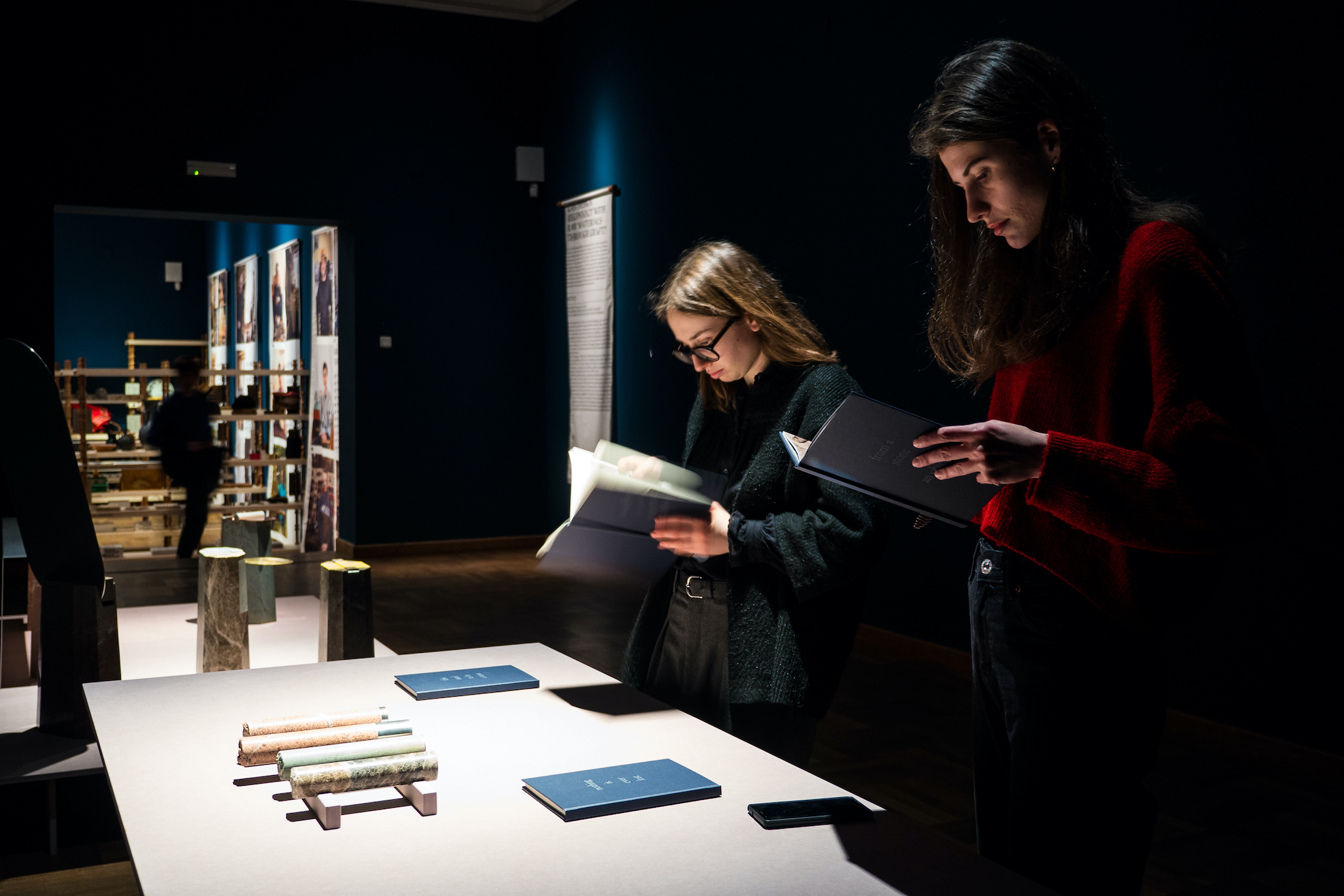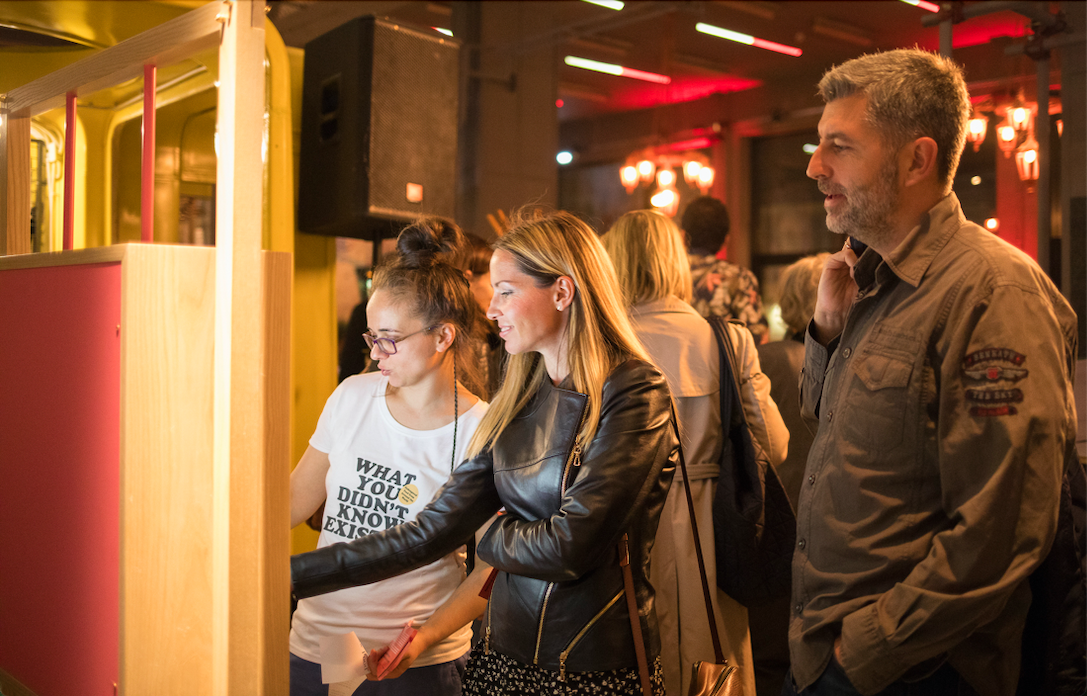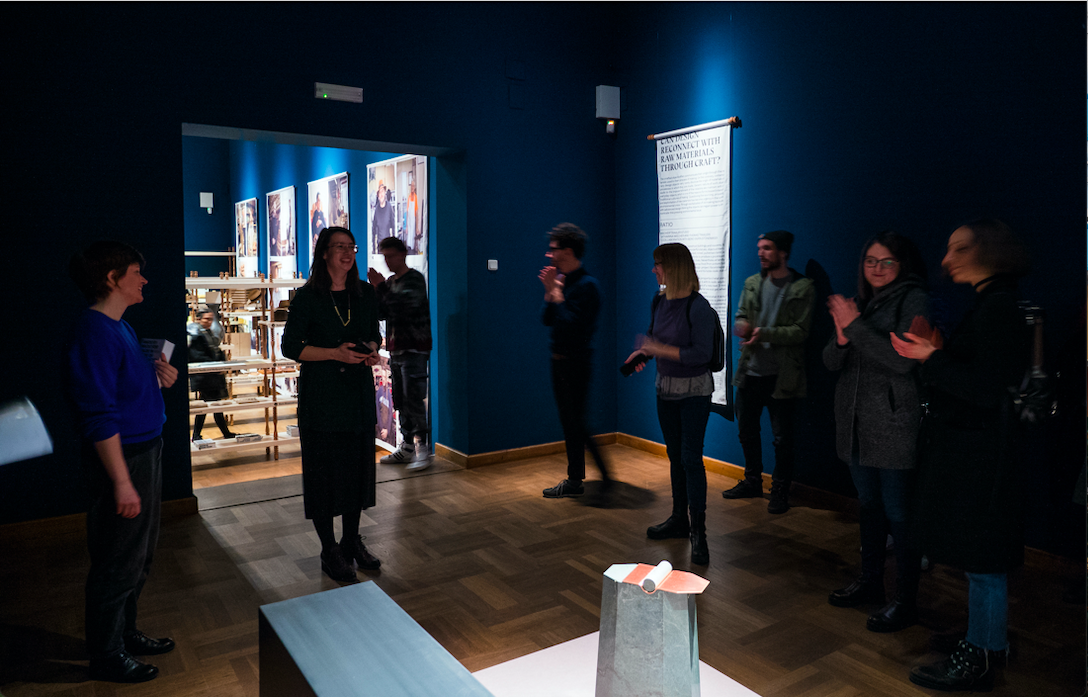Idea
Project “Resilient, sustainable and participatory practices: Towards the GLAMs of the commons – GLAMMONS“ aims to provide answers to the pandemic-driven transformations and digitalization challenges facing GLAM sector (galleries, libraries, archives, and museums), advance research and inform related policy. The project will provide an in-depth analysis and evaluation of ongoing shifts in the field of GLAMs. It will also explore and assess practices (concerning management, finance and participation) that emerge around small-scale, community-led GLAMs and the possibility of transferring relevant knowledge to other cultural institutions to secure the sustainability of the sector.
Currently, the expertise needed to respond to these challenges is dispersed among different scientific disciplines and sectors – from cultural economics, microeconomics and geography to heritage/museum studies and media studies, and from local communities to the GLAM sectors –that are rarely brought into dialogue. GLAMMONS brings academics, experts and practitioners together to forge a unique transdisciplinary partnership capable of addressing this agenda.

WHY?
The COVID-19 pandemic served as a wake-up call to rethink how cultural production and consumption are organized and articulated with different sets of actors and local contexts, towards safeguarding sustainability, access and the well-being of the sector, its workforce and surrounding communities. Long before the pandemic crisis, European cultural policy encouraged museums to embrace participatory governance and digitalization (European Commission, 2010), become more financially self- reliant and diversify their income-generating activities. During the lockdown, public engagement and participatory work were heavily affected whereas several channels for income generation (e.g. events, exhibition ticket sales, catering sales) were interrupted, resulting in further lessening of resources and revenues, or even in redundancies and closures. Indicatively, ICOM reported in 2020 that 30.9% of museums downsized their permanent staff while preliminary evidence suggests an acceleration of digital transformation during this critical period.
Our main theoretical premise is that GLAMs and respected networks that operate as commons social systems in the field of cultural production are timely fit-for-purpose systems for success, resilience and sustainability: a counter- solution to state paternalism and private enterprise at a time of global social anxiety and economic uncertainty caused by the pandemic crisis. This is in line to European Conventions advocating for involvement, public participation, shared responsibility and the balancing of rights with responsibilities as a way forward.

How?
GLAMMONS is framed conceptually by the commons theory to explore the potential of GLAMs to function as part of commons social systems in the field of cultural production towards
i) ensuring their financial sustainability,
ii) securing the well-being of a wide range of professionals and the public engaged in cultural production and consumption and
iii) utilizing their public character and better serving their surrounding (and distant) communities and fulfilling their societal mission.
Our major ambition is to address the needs of the cultural sector during the pandemic and in a post-pandemic era by examining the new commons paradigm and its applicability to the GLAMs sector, adapting the analytical framework to enable a holistic exploration of the varied dimensions of bottom-up content creation, digital ‘prosumption’, sustainable financing arrangements and GLAMs participatory governance. Analytical scheme will feature three key components: resources (what), communities (who) and commoning (how). The first component will allow us to explore, in context and at the local level, the variegated financial arrangements of GLAMs and cultural institutions under commons and also the different content creation practices of GLAMs under commons. The second component will enable us to identify local and distant commoners, stakeholders and beneficiaries in a plural and diverse form (e.g. curators, collection or record managers, users, local residents, marginalised groups and the youth), with the view to observe the effects of commons (or quasi-commons) on processes of participatory management of GLAMs, their role in processes of local development and on the well-being, health, resilience, social inclusion of its members, when dealing with trauma. Finally, the third component will lead us to identify and assess through three pilot economic experiments the set of functions, financial opportunities and management mechanisms that enable the production and governance of GLAMs as commons (or quasi-commons). Moreover, in parallel with the economic experiments, we aim to assess the role of digitalization in GLAMs commoning arrangements, as well as the change of collective and individual values through the Value-based Approach (such as sense of belonging, cultural diversity, etc). All these will inform GLAMMONS policy recommendations and practice for the GLAM sectors and beyond; in other cultural sectors and institutions, through specific tools, such as educational toolkits, a code of conduct, workshops, trainings etc.
GLAMMONS stands out in terms of the interdisciplinary expertise, the intersectoral layout and a methodology that assertively includes both qualitative and quantitative approaches to social science-based research in a multi-national comparative view. The teams of researchers participating in GLAMMONS represent eleven scientific disciplines ranging from social and economic geography, media studies, law, museum and heritage studies, behavioral economics and cultural economics, finance, entrepreneurship, architecture, and planning to gender studies.









